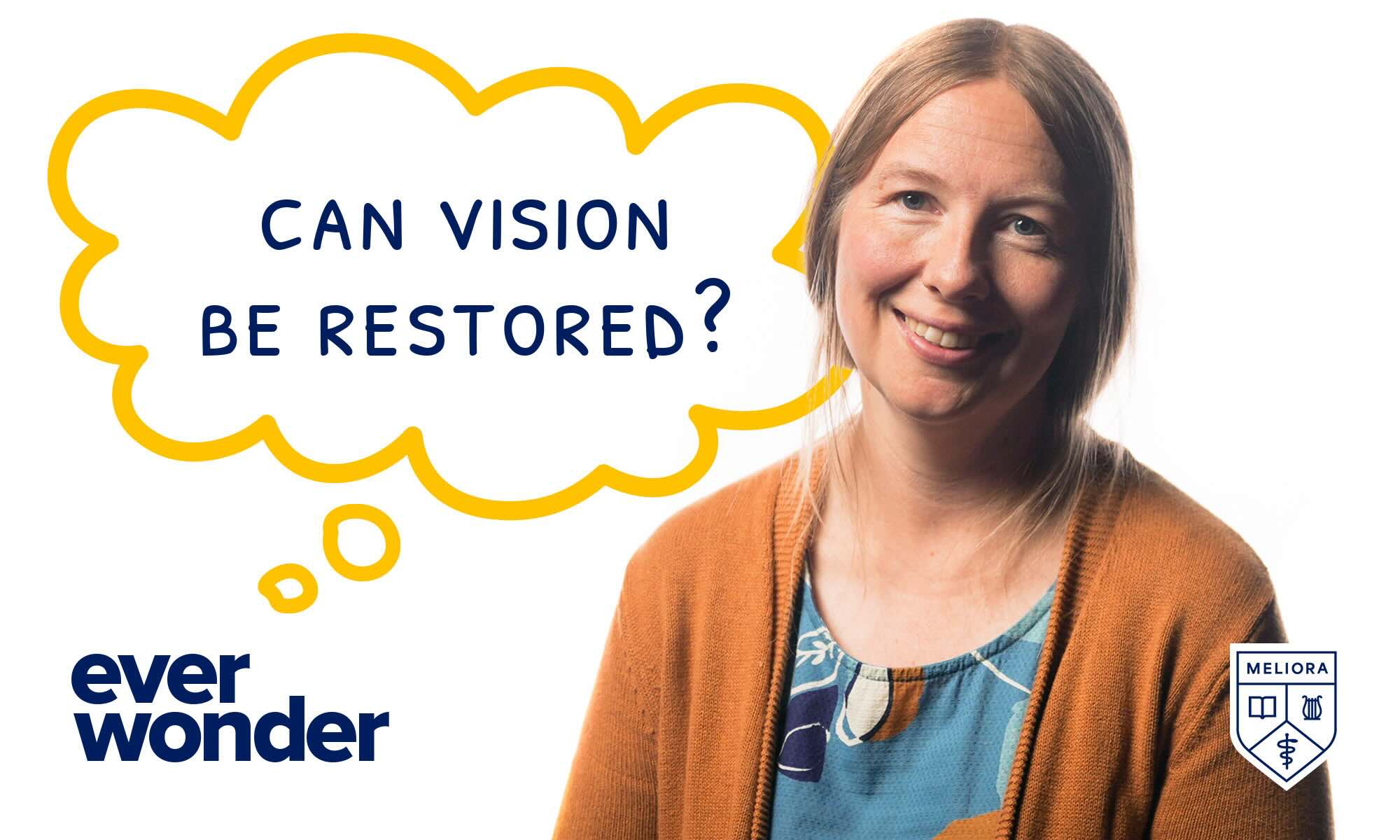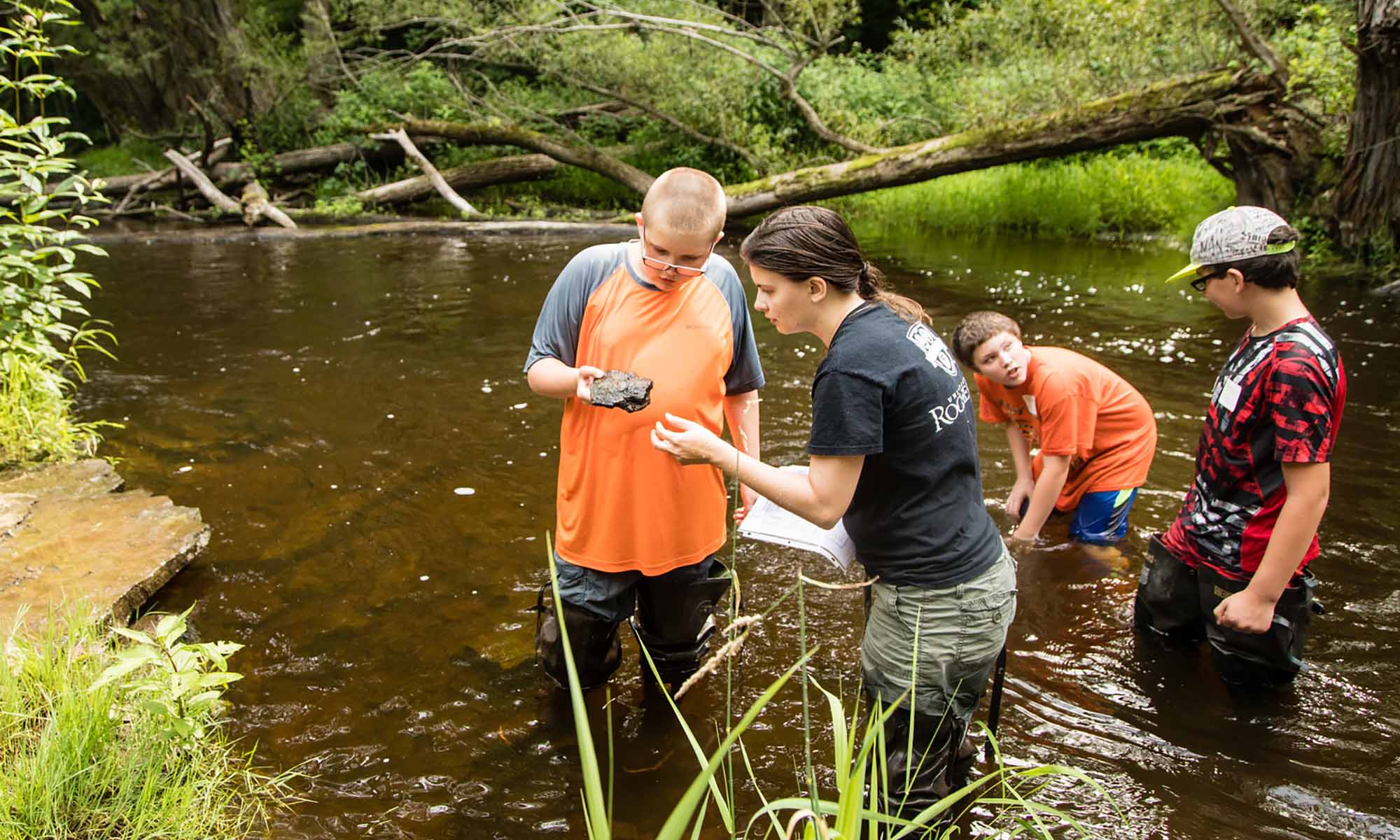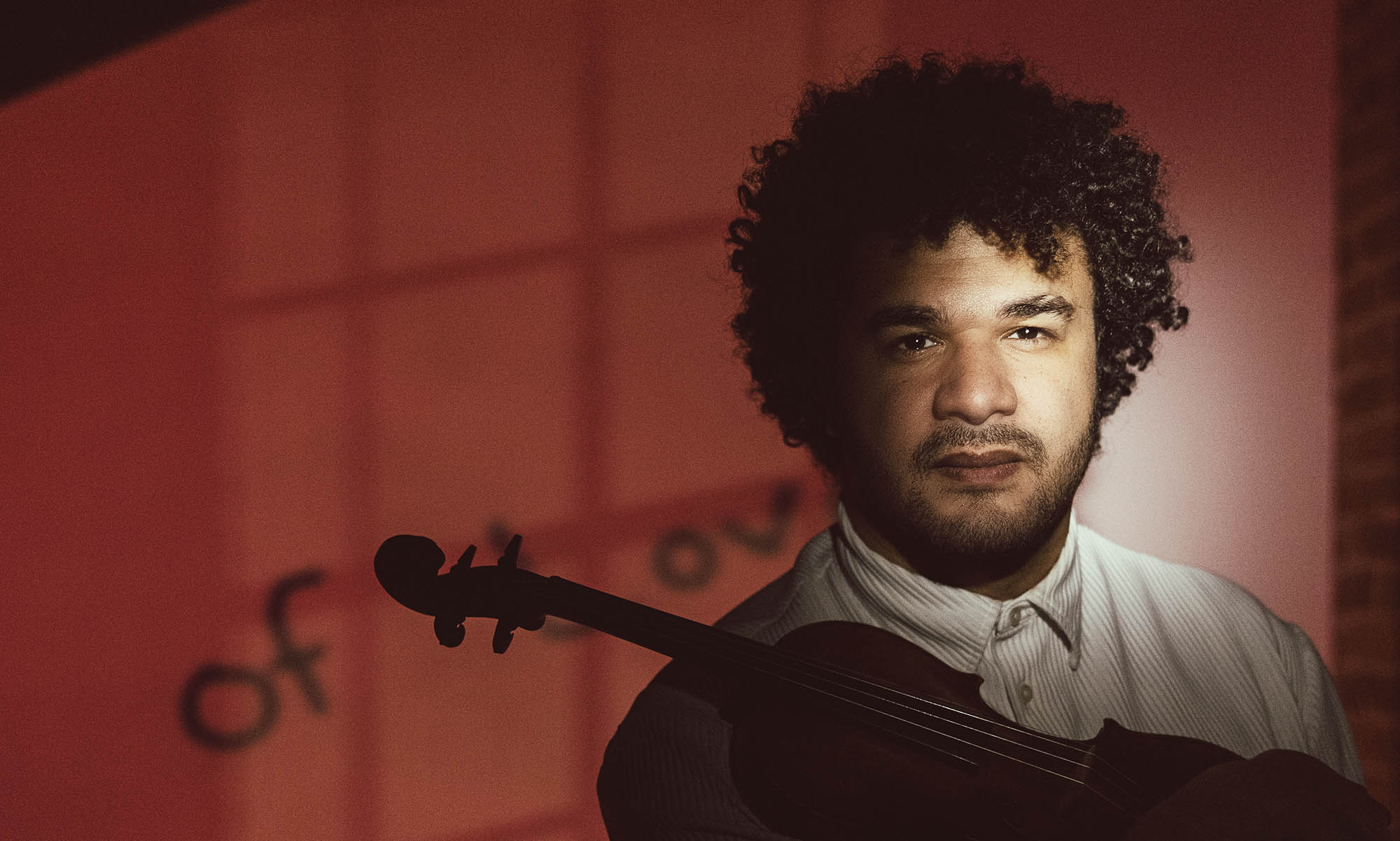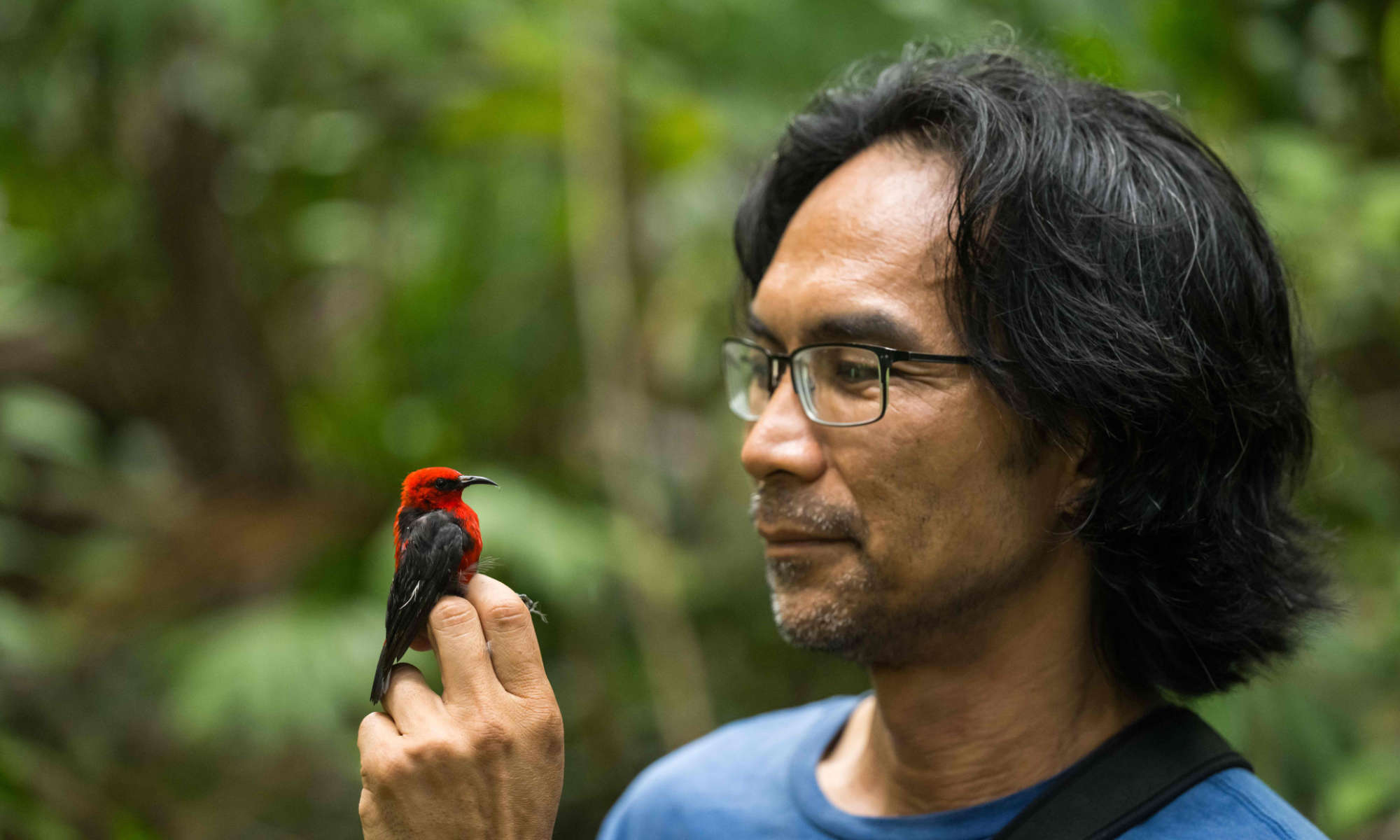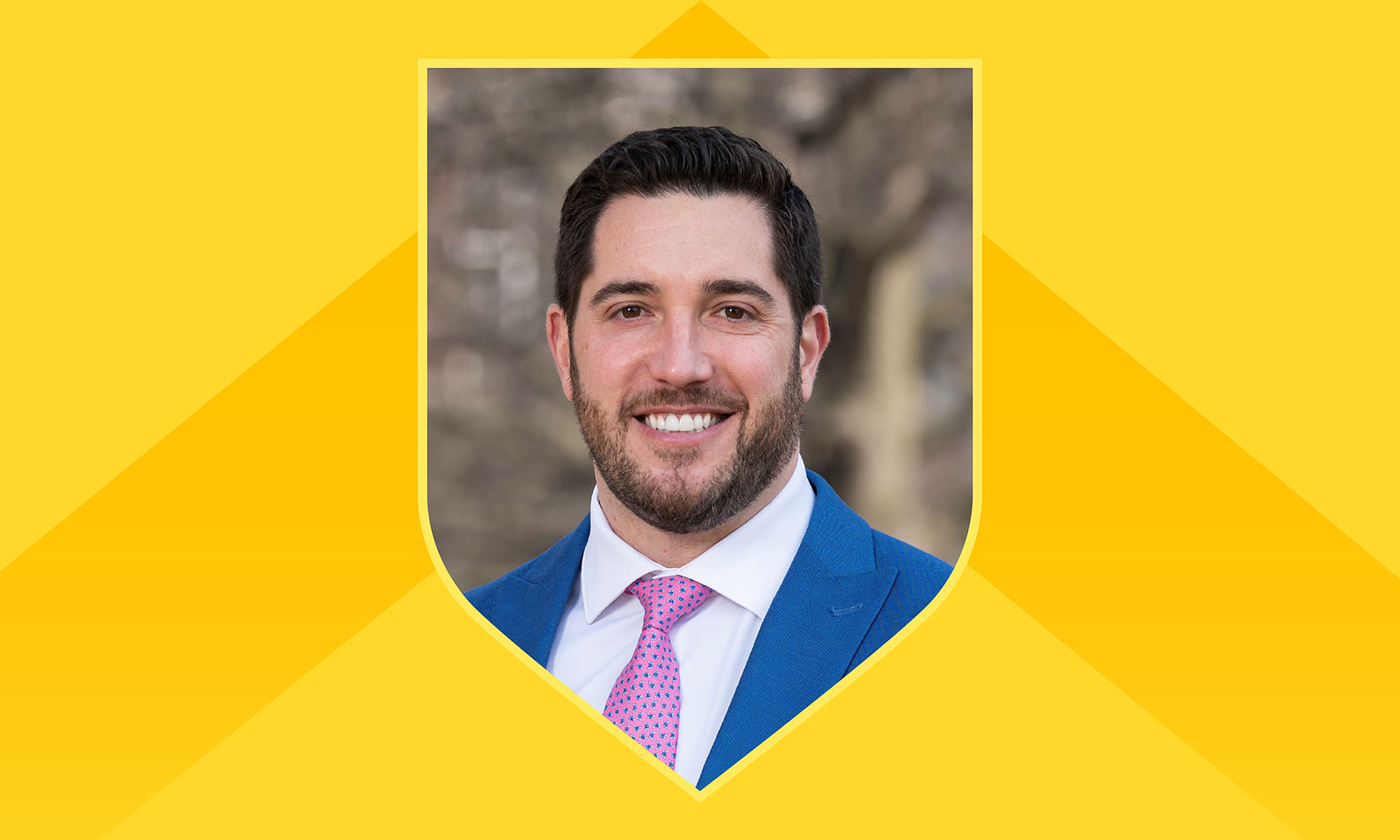
Science & Technology
Earth’s atmosphere may help support human life on the moon
New research shows that Earth’s magnetic field has helped deliver atmospheric particles to the lunar surface over billions of years.

What good is the research university? At the University of Rochester, the answers get ever better.



